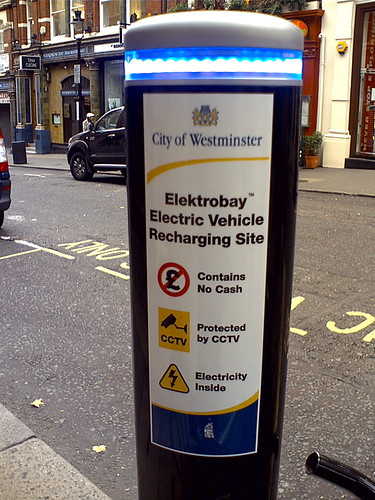British government gets a shock over its electric vehicle plan
(Source: Autobloggreen & Royal Automobile Club Foundation)
A new study by the Royal Automobile Club Foundation found that as many as 6.75 million British drivers are thinking about or could consider buying an electric vehicle – once they become available, of course. RAC surveyed 1,000 motorists over two weekends this month and asked the question: “Would you consider or are you planning on purchasing an electric car within the next five years?” Twenty percent picked either “Yes, would consider” or “Yes, planning on purchasing an electric car.” We’re right there with you, says the UK government, which will offer incentives worth up to £5,000 for EVs starting in 2011.
Also, the RAC points out that 20 percent of 33.8 million drivers means there could be a lot of people who want but can’t buy an EV. They say, “The RAC Foundation has discovered that by the Government’s own reckoning electric vehicles won’t be available on the mass market until at least 2017, leaving millions of potential buyers frustrated.”
Commenting on the findings, the director of the RAC Foundation Professor Stephen Glaister had the following words:
- “What the Government is in danger of doing is putting the cart before the horse. It is actively promoting the purchase of electric vehicles long before there is any chance of manufacturers making them widely available.”
- “It has gone out of its way to encourage people to make green choices, yet these choices are not yet realistic.”
- “Ministers’ thinking on green technology is all over the place. They talk of incentives of up to £5,000 for prospective buyers of electric cars from 2011. Yet at that stage there will be almost nothing in the showroom for people to purchase.”
- “The RAC Foundation fully supports the introduction of green vehicles. But electric cars are not the short-term solution. What the Government should be doing is improving the road network and encouraging manufacturers to refine existing technology. That means increasing road capacity to cut congestion and CO2 emissions; focussing on producing leaner petrol and diesel engines; and making smaller and lighter cars.”


